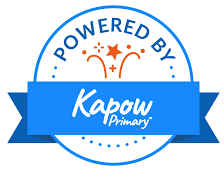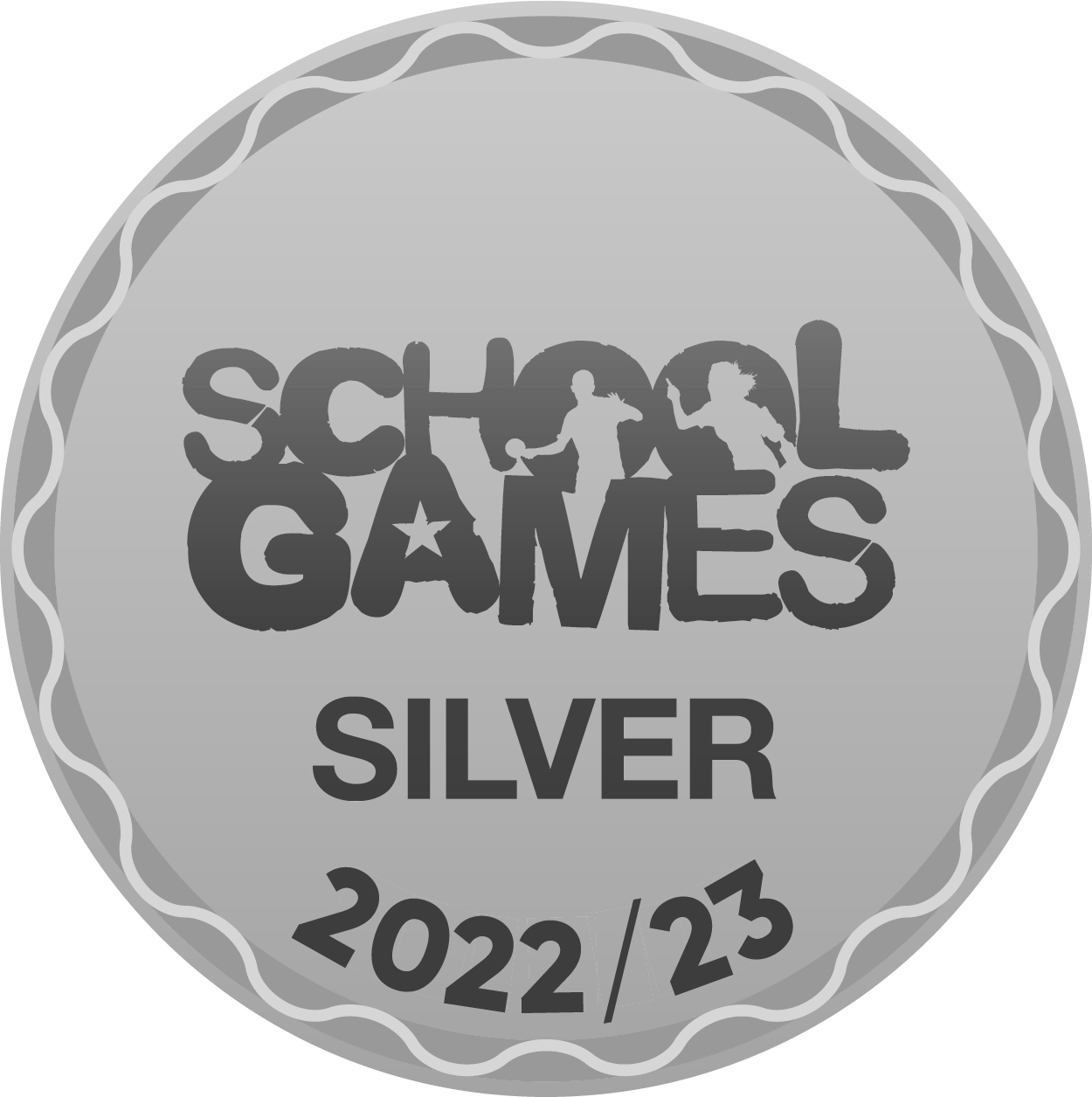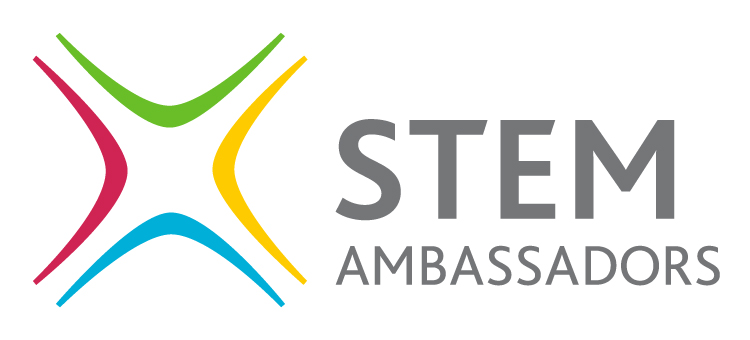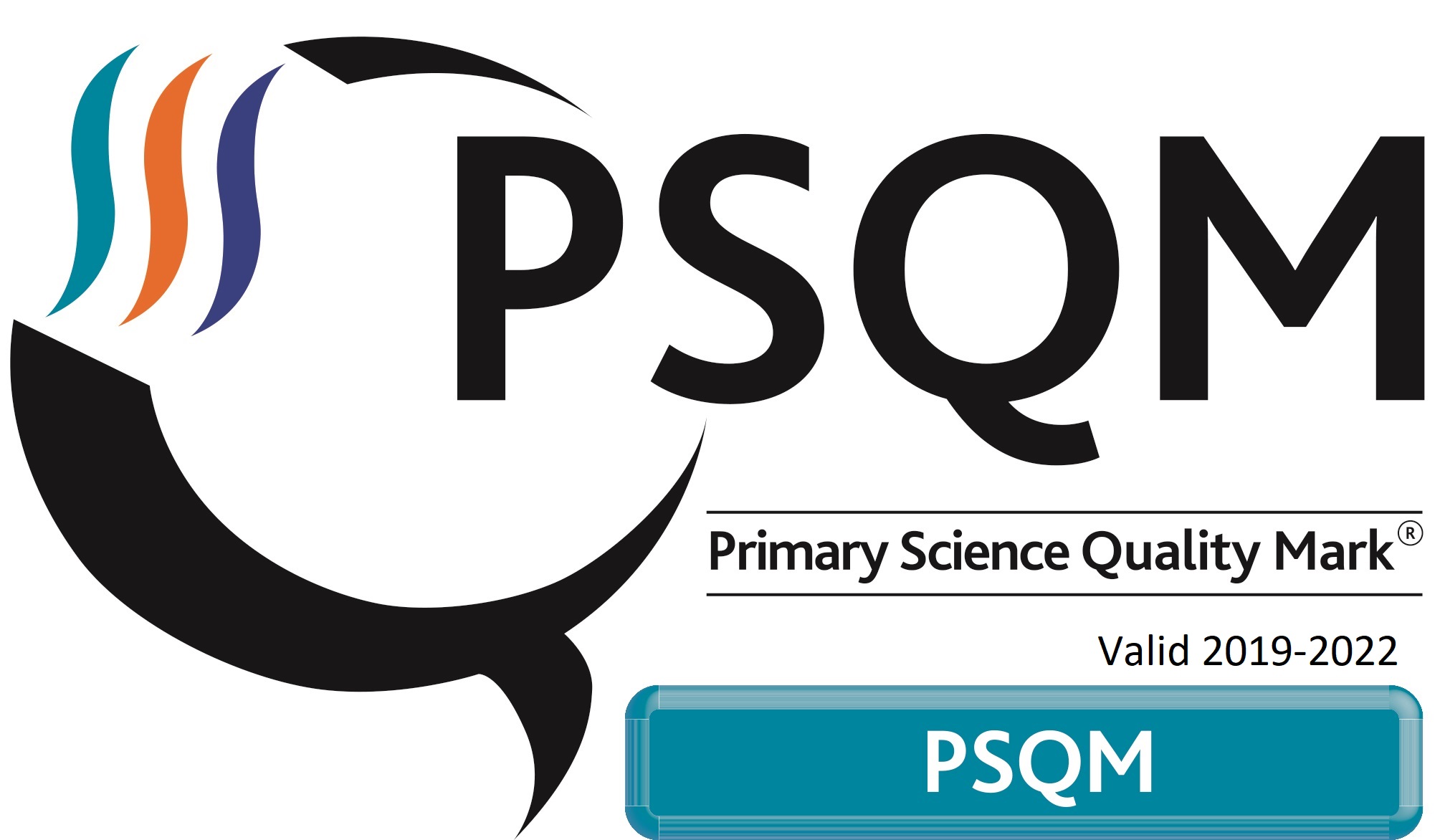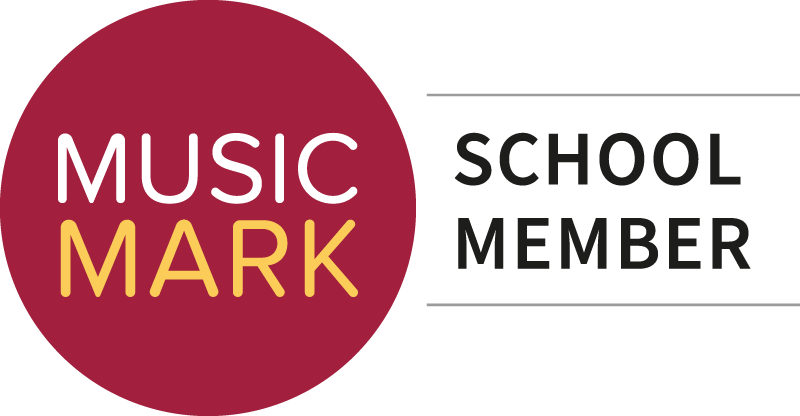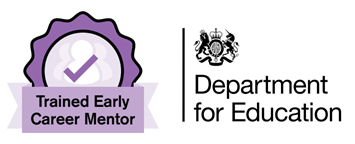Enter the full Swaffield School website here
NURSERY APPLICATIONS:
APPLY BY 5TH FEBRUARY FOR SEPTEMBER 2026
The deadline to apply for a place for September 2026 is Thursday 5th February 2026.
We have a limited number of places for Summer Term (April to July 2026) for children aged 3 years old. 



